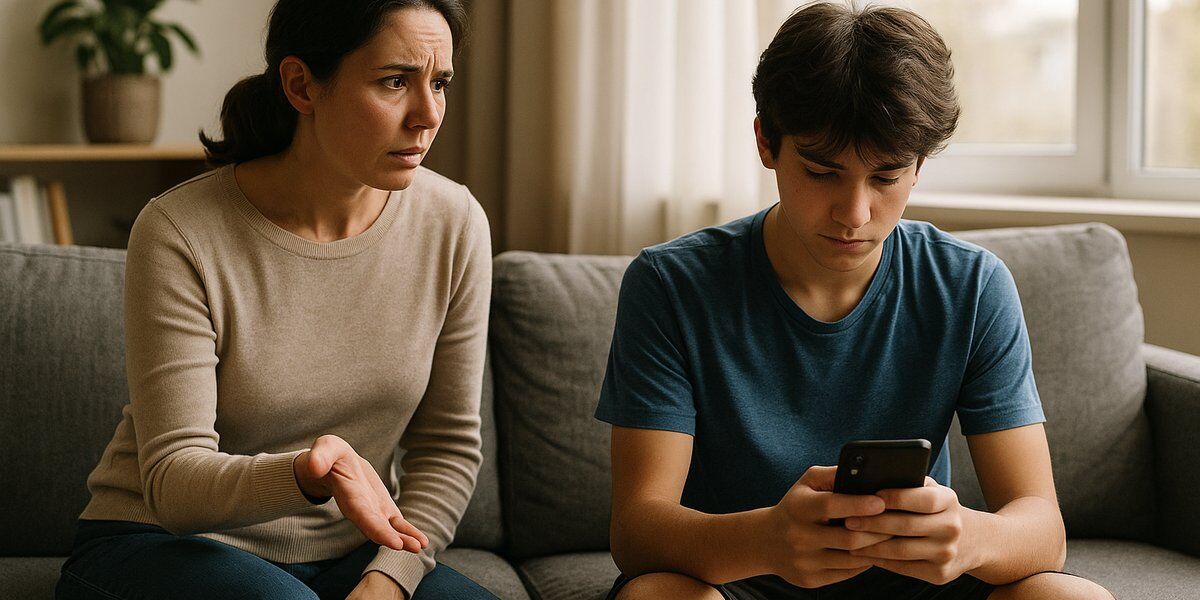A new study from Columbia and Cornell universities has turned the screen‑time debate upside down. Instead of obsessing over the number of hours our kids spend on their phones and consoles, researchers followed thousands of children for four years and found that it’s how they use those screens that matters. When young people use social media, mobile phones or video games in a compulsive way—so that it interferes with schoolwork, chores or sleep—their risk of anxiety, depression and even suicidal thoughts climbs dramatically. High or increasing addictive use of phones and social media was linked to two to three times more mental‑health problems compared with low addictive use. The study’s authors suggest that parents should look for signs of compulsion instead of simply counting hours.
Egypt’s Ministry of Health is reaching a similar conclusion. Earlier this year officials convened experts to review adolescent mental‑health campaigns, and they singled out social‑media and gaming addiction as one of the most critical issues facing Egyptian youth. Their “Against Addiction” initiative now offers early screening and counseling through schools and clubs, plus a hotline and online platform. By treating screen addiction as a public‑health issue, they’re showing that the problem isn’t simply teenagers being lazy; it’s about safeguarding their mental wellbeing.
At home, this means ditching the timer and paying attention to why your teen can’t put down the phone. If they get restless without Wi‑Fi or use endless scrolling as an escape, that’s a red flag. Talk about what they’re feeling instead of launching into a lecture about minutes. And model the behavior you want: if you’re glued to your own screen during dinner, your teen notices.
Replace some screen time with things that engage their brains and bodies: cook together, play football or explore a local market. If you suspect a real addiction, reach out to the resources the Ministry has made available—the General Secretariat of Mental Health and Addiction Treatment offers counseling via hotline 16328. Screens aren’t evil; they’re tools our kids will use for the rest of their lives. The goal is teaching them to recognize when use becomes compulsive and to develop healthier habits. When we shift the focus from hours to habits, we empower our teens to thrive both online and off. It’s not about being anti‑technology; it’s about raising mindful digital citizens who can balance their screens with real life.
Sources:
[1] News‑Medical: “Addictive screen use linked to poor mental health in preteens” (June 19 2025).
[2] Daily News Egypt: “Egypt reviews progress of ‘adolescent mental health’ campaigns” (January 4 2025).
[3] Weill Cornell Medicine: “Study Finds Addictive Screen Use, Not Total Screen Time, Linked to Youth Suicide Risk” (June 18 2025).







Leave a Reply
You must be logged in to post a comment.